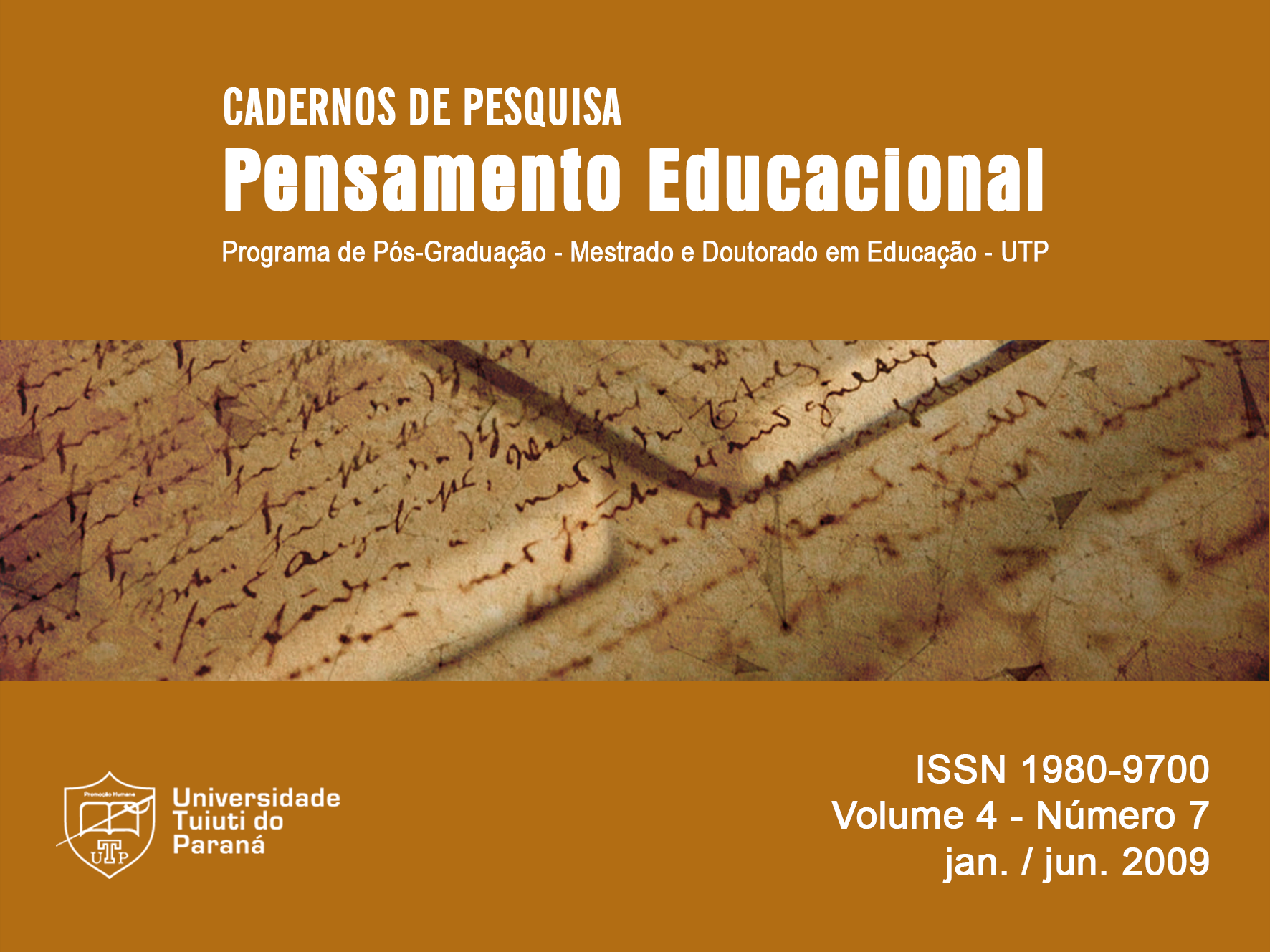The World Social Forum in Belém do Pará - January 2009
Resumo
As is known the World Social Forum was created by an initiative of social movements in 2001, as a counterpiece to the World Economic Forum of Davos, a celebrated conference of the financial and political elites of the Western capitalist world. The WSF soon became an important planetary meeting place for popular movements - trade unions, peasant associations, women movements, ecological networks - NGO’s, intellectuals and youth, united by their opposition to neo-liberalism - « The World is not a Commodity » - and their hopes for change : « Another World is Possible ! ». In reality, the Forum is only the most visible part of a larger current, the Global Justice Movement - altermundialista in Spanish or Portuguese - a world-wide « movement of movements » born in 1999 with the mass protests in Seattle against the World Trade Organization. After several meetings in the southern Brazilian town of Porto Alegre, the WSF moved to Mumbay, then to Nairobi and now returned to Brazil, but this time in the Amazonian town of Belem, capital of the state of Para (several times bigger than France).
Copyright (c) 2009 CADERNOS DE PESQUISA: PENSAMENTO EDUCACIONAL

This work is licensed under a Creative Commons Attribution-NonCommercial 4.0 International License.
- Autores mantém os direitos autorais e concedem à revista o direito de primeira publicação, com o trabalho simultaneamente licenciado sob a Licença Creative Commons* que permite o compartilhamento do trabalho com reconhecimento da autoria e publicação inicial nesta revista.
- Autores têm autorização para assumir contratos adicionais separadamente, para distribuição não-exclusiva da versão do trabalho publicada nesta revista (ex.: publicar em repositório institucional ou como capítulo de livro), com reconhecimento de autoria e publicação inicial nesta revista.
- Autores têm permissão e são estimulados a publicar e distribuir seu trabalho online (ex.: em repositórios institucionais ou na sua página pessoal) a qualquer ponto antes ou durante o processo editorial, já que isso pode gerar alterações produtivas, bem como aumentar o impacto e a citação do trabalho publicado (Veja O Efeito do Acesso Livre).
- Esta revista proporciona acesso público a todo o seu conteúdo, uma vez que isso permite uma maior visibilidade e alcance dos artigos e resenhas publicados. Para maiores informações sobre esta abordagem, visite Public Knowledge Project.

*Esta obra está licenciado com uma Licença Creative Commons Atribuição-NãoComercial 4.0 Internacional.


